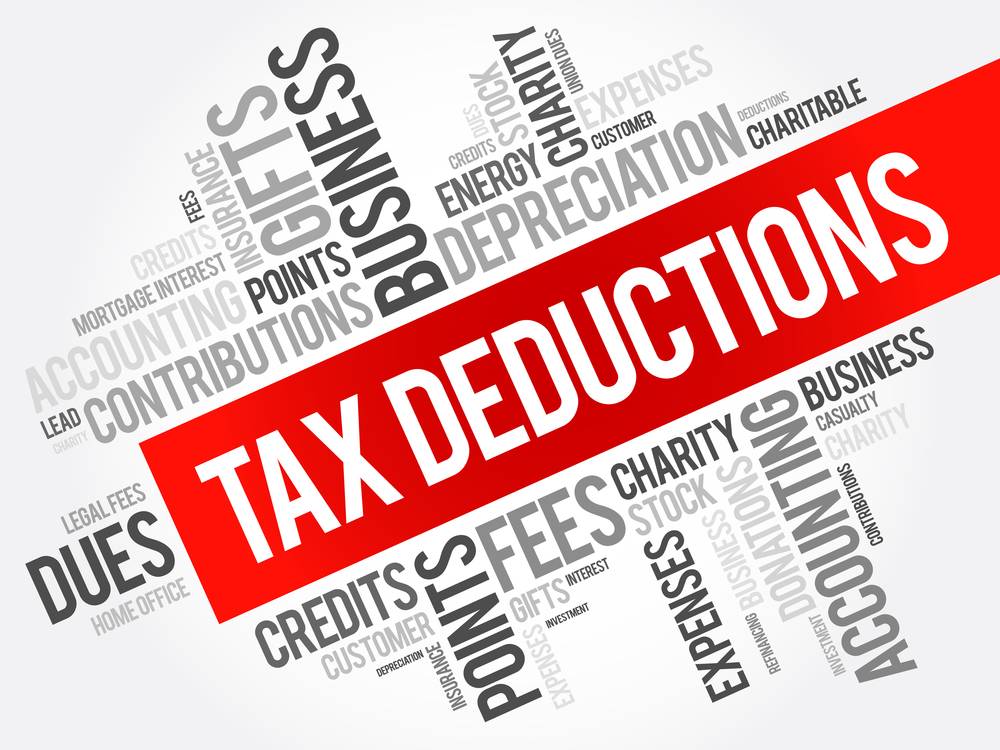Taxes
Proposed IRS Regs Would Remove Deductions for Some Syndicated Conservation Easements by Pass-Throughs
Syndicated conservation easements have been included in the IRS' annual list of Dirty Dozen tax schemes for many years.
Nov. 17, 2023

The Department of the Treasury and the Internal Revenue Service has issued proposed regulations that provide guidance under a new section of the law that disallows deductions for certain charitable conservation contributions by partnerships and other pass-through entities. Syndicated conservation easements have been included in the IRS’ annual list of Dirty Dozen tax schemes for many years.
The SECURE 2.0 Act of 2022 added new subsections to the part of the tax law that provides rules for deductions for charitable contributions under Internal Revenue Code section 170.
“The IRS is focusing its new compliance efforts on those who evade taxes through complex partnership structures and overvalued conservation easement contributions. The regulations issued today will stem the tide of certain syndicated conservation easements that are nothing more than retail tax shelters, while protecting the integrity of legitimate conservation easements and helping law-abiding taxpayers more easily meet their obligations,” said IRS Commissioner Danny Werfel.
Generally, these regulations affect partnerships and S corporations that make conservation contributions and upper-tier partnerships, upper-tier S corporations, partners and S corporation shareholders that are allocated a portion of these contributions. The regulations provide definitions, explanations, computational guidance and examples of the new law, which disallows deductions if the amount of the contribution is more than two and a half times the sum of each partner’s or shareholder’s relevant basis in the partnership or S corporation.
The proposed regulations also provide guidance on the statutory exceptions to the new disallowance rule, particularly the exception for family partnerships and S corporations and the exception for contributions made outside a three-year holding period. The proposed regulations also provide updates concerning substantiation and reporting rules for certain charitable contributions.
The commitment to making sure that partnerships, other pass-through entities and their owners comply with the tax law is a significant part of the agency’s strategic plan.
